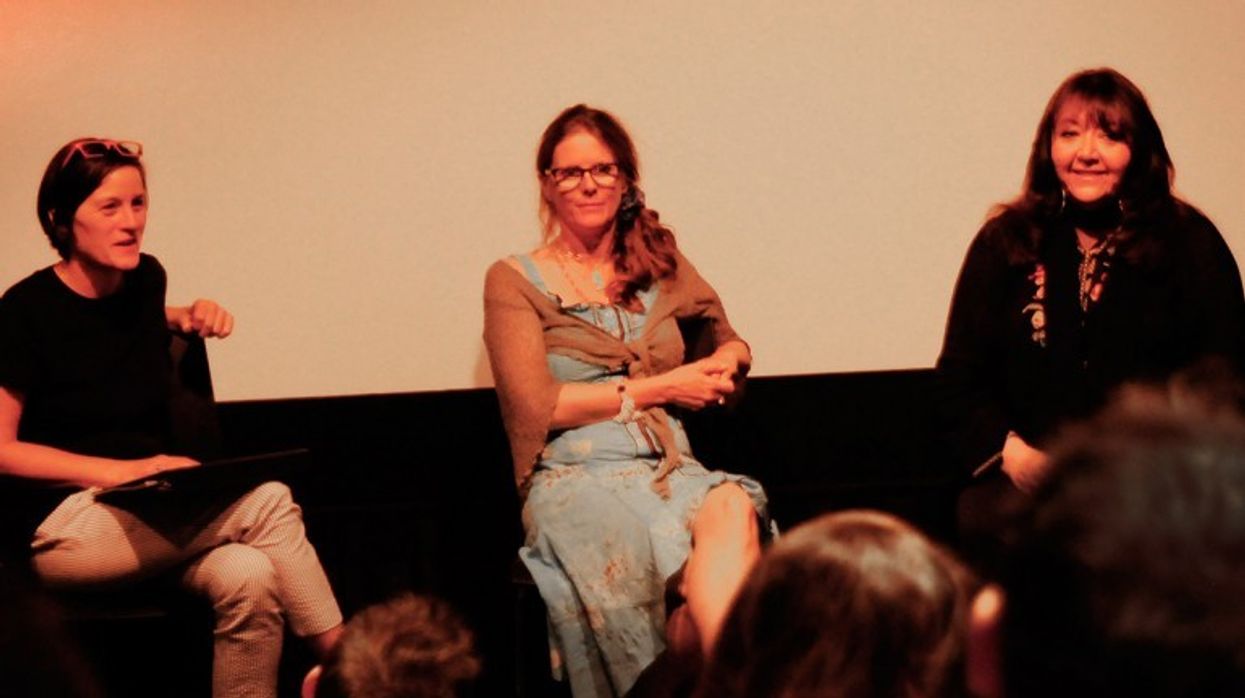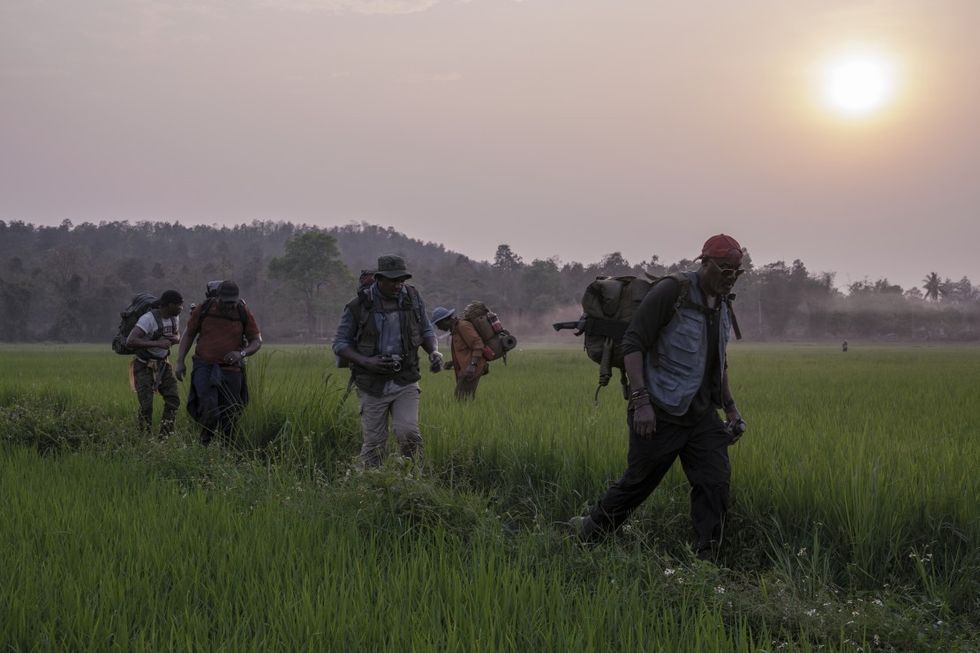Learn a Few Lessons from Filmmakers of This Year's IFP Narrative Labs

The Independent Filmmaker Project is one of the oldest and largest indie film organizations, providing resources for filmmakers to navigate through a complex industry. One such resource, the IFP Narrative Labs, have existed for almost 10 years as a year-long program for first time filmmakers, guiding them through the process of completing, marketing, and distributing their movies. Over at Filmmaker Magazine, they have distilled some great wisdom from the last IFP Narrative Lab and it makes for required reading for any independent filmmaker.
According to IFP's website:
Focusing exclusively on low-budget features (<$1million), this highly immersive program provides filmmakers with the technical, creative and strategic tools necessary to launch their films – and their careers. Through the Labs, IFP works to ensure that talented emerging voices receive the support, resources, and industry exposure necessary to reach audiences.
Filmmaker Magazine compiled 10 lessons from the filmmakers who participated, one of which was about knowing your "subgenre":
Ask most filmmakers and they’ll tell you their film is a drama, comedy, horror film, thriller, dramedy, etc. But there are sub-genres, and being able to identify the specific type of story your film is can help in both its final edit and its marketing. After viewing one lab film, editor McKay succinctly said, “It’s a ‘first step movie.’” Meaning, the story dramatizes a character’s “first step” from a situation that is ensnaring her into a new mode of living. Once a film is identified like that, useful reference points more easily appear.
This can be especially helpful for the first time filmmaker, who is still unsteady on their feet and looking for reference points to use while working on their film. It's useful to see what other filmmakers have done, how they have done it, and how you can use their techniques to help your film. Like most artists, filmmakers are constantly borrowing from one another, and knowing what worked for someone else can be invaluable for you.
Another important takeaway from the article is something from the business side of the indie filmmaking world -- knowing the calendar:
The ability to close deals depends on knowing when business types are back at their desks. And the ability to get business types to look at your film is knowing when they have the time to do that. In other words, don’t send your film to a sales rep in the lead-up to Cannes or Sundance — unless your film happens to be premiering in one of those festivals.
You can have the best film in the world, but unless you know some of the business behind the industry, you risk being left behind. In order to be a working independent filmmaker, it's wise to have a firm grasp on the ins and outs of the business, from preproduction to distribution. Expect to wear many hats an indie filmmaker!
And, last but not least, it's important to know when you're done. Referring specifically to filmmaker Ira Sachs' experience making movies, the article says:
There comes a time on every project, after the film has made its way through the festival circuit, gotten its reviews and opened in theaters, that he [Sachs] says to himself, “That’s what happened.” In other words, what’s done is done and move on.
What lesson was most helpful to you? Do you have anything that's helped you in your career that you'd like to share?
Link: 10 Lessons for Filmmakers from the IFP Narrative Labs -- Filmmaker Magazine























